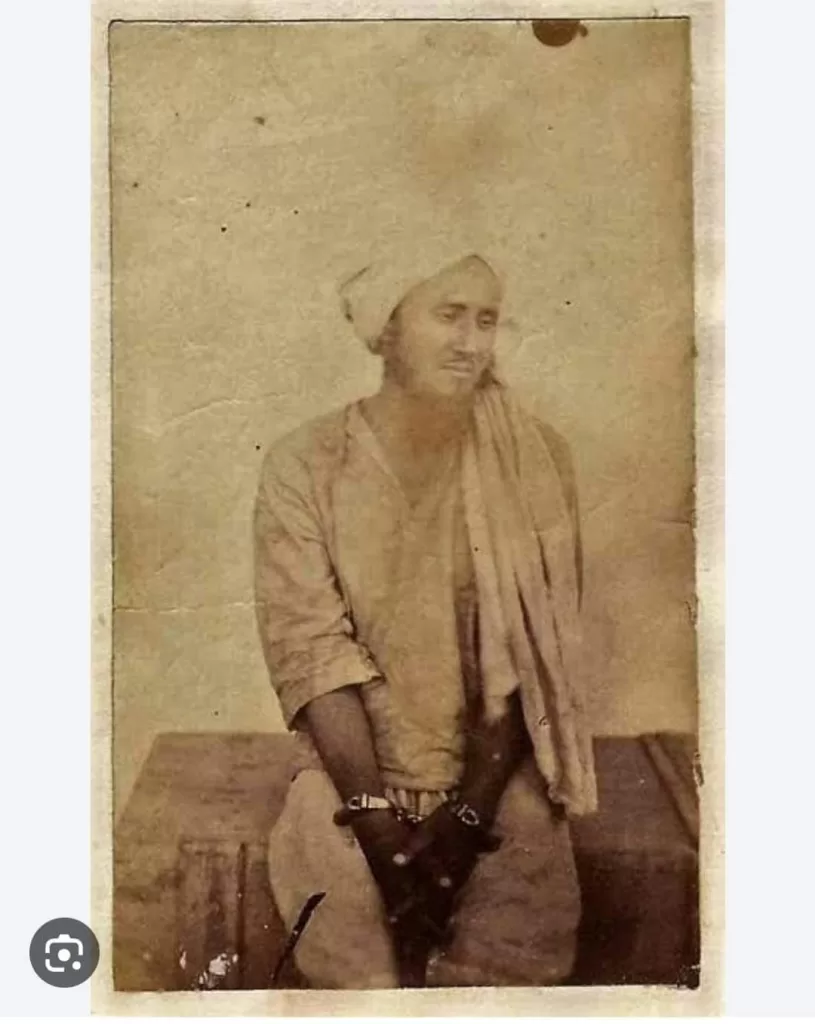Sher Ali, a 30-year-old Khyberee from the Kookee Kheyl clan, hailed from the Tirah Valley of Khyber Agency, which is now a federally administered tribal area in the Kabul territory. During the 1860s, Sher Ali worked for the British administration in the Punjab Mounted Police. He served as a cavalry trooper in Peshawar under Major Hugh James and later became a mounted orderly for Reynell Taylor.
Unfortunately, Sher Ali became involved in a family feud, resulting in the death of his relative named Hydur in Peshawar. Sher Ali pleaded his innocence, but he was convicted on April 2, 1867. Initially sentenced to death, his punishment was later commuted to transportation for life to the Andaman Islands by Colonel Pollock, the Commissioner of Peshawar. Sher Ali arrived at the Andaman Penal Settlement in May 1869 after traveling through Karachi and Bombay.
On the morning of February 8, 1872, Richard Southwell Bourke, the 6th Earl of Mayo, commonly known as Lord Mayo, who served as the Viceroy and Governor General of India, arrived on the island accompanied by four steamboats. In the evening, he visited Mount Harriet, now known as Mount Manipur. As Lord Mayo descended from the mountain, several officers followed him. When he reached Hope Town and was about to board a small boat, Sher Ali suddenly emerged from the darkness and severely wounded Lord Mayo with his knife, causing the Viceroy to stagger and fall into the sea. Sher Ali was immediately apprehended, and Lord Mayo was rescued from the shallow water. Unfortunately, despite efforts to save him, Lord Mayo succumbed to his wounds and excessive bleeding on the journey back to Ross aboard the Flagship Glasgow. This unexpected assassination shocked both British India and Great Britain.

On March 11, 1872, Sher Ali was executed by hanging at the Viper Gallows. In the wake of this assassination, the newly appointed Viceroy, North Brook, recognized the need for a detective police force for political purposes. The Thugee and Dakaity Department was tasked with establishing this force. The year following the murder of the Viceroy, 1872-73, became one of the saddest and most investigative periods in British imperial history. The event caught the rulers completely off guard and left British India in a state of shock.

